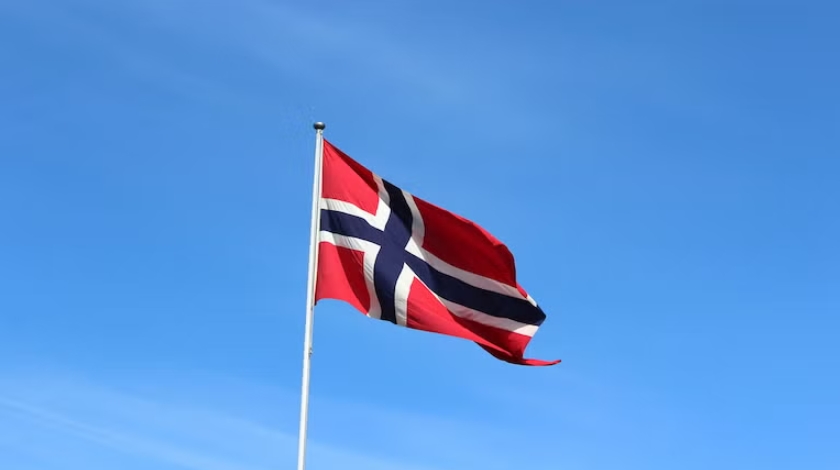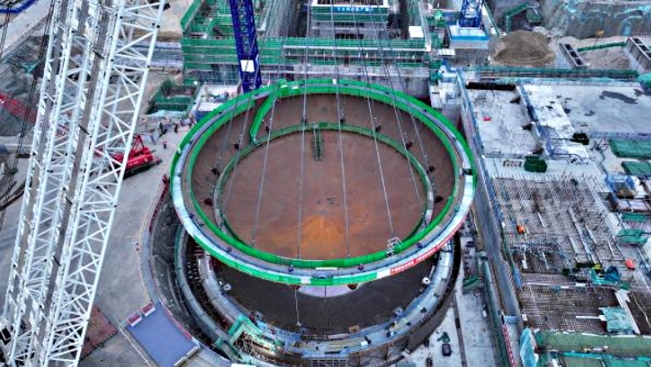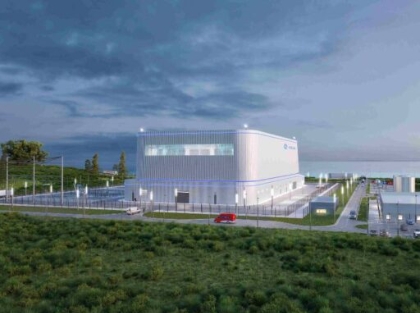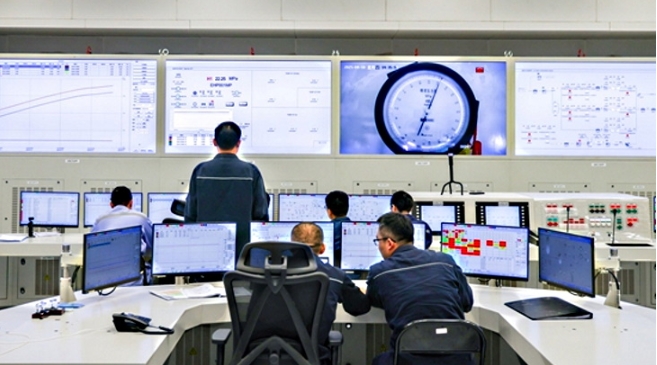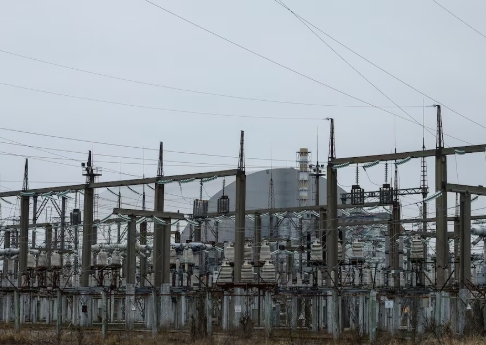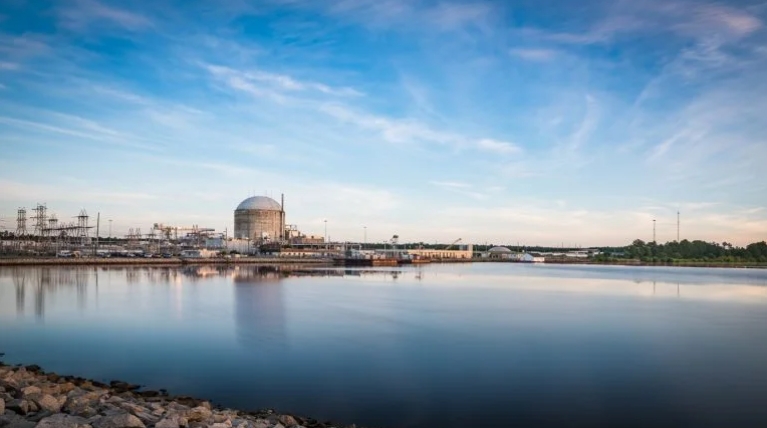
Energy company E.ON and geothermal developer Deutsche ErdWärme (DEW) have signed an agreement to jointly develop and implement geothermal projects in Germany.
In an effort to boost energy security and produce green energy for heating, the partners plan to extract thermal energy stored at depths of around 1,000 to 4,000 meters and make it available to consumers in the form of green heat.
E.ON and DEW will pool their resources and expertise to identify projects, conduct feasibility studies, develop project portfolios and map financing models to support construction and development.
The partners are planning to implement the first pilot projects in the North Rhine-Westphalia area.
“The heat transition is a real mammoth task and requires consistent rethinking in many areas. It is clear that there is no one solution for a CO2-neutral heat supply. In the future technology mix, deep geothermal energy in particular can play a decisive role, although it is still in its infancy in Germany today,” says Alexander Fenzl, responsible for customer solutions at E.ON in Germany.
According to E.ON, the heating sector accounts for about 40% of energy consumption and is responsible for emitting a great deal of emissions.
Geothermal energy can help to decarbonise this sector, with surveys by the Fraunhofer Institute showing deep geothermal energy could cover a quarter of Germany’s annual heating needs.
Deep geothermal energy, unlike near-surface geothermal, involves tapping deposits up to several kilometers below the earth’s surface.
At those depths, according to Fraunhofer Institute, the water reaches temperatures of 100 to 150 degrees Celsius and only remains in liquid form due to the high pressure. The amount of heat generated by deep geothermal systems would be enough to supply existing district heating networks.
“Geothermal energy can replace fossil fuels in a climate-neutral way in the areas of heating and hot water and as industrial process heat. It is therefore particularly attractive for densely populated regions dominated by industry and trade. By cooperating with E.ON, which is also recognition of our expertise in project development, we are jointly creating ideal conditions for making the best possible use of this potential for North Rhine-Westphalia,” says Herbert Pohl, founder and CEO of DEW.

